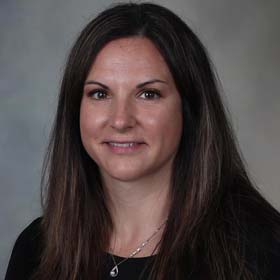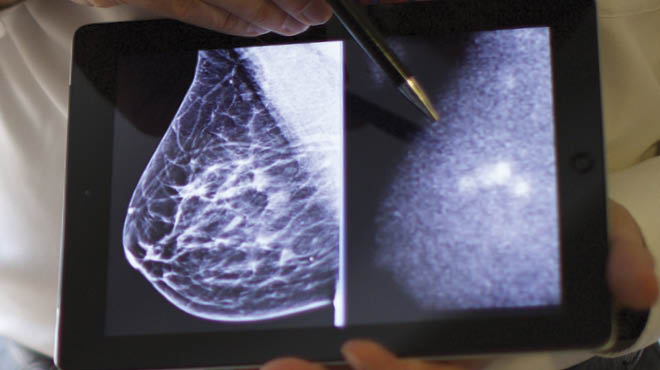Recent Posts
Breast cancer awareness saves lives

About 250,000 women in the U.S. are diagnosed with breast cancer each year, with nearly 40,000 women dying from the disease annually. On average, a woman who lives to be 90 or older has between a 10% and 15% chance of developing breast cancer.
Although prognosis and detection have improved in recent years, awareness, healthy lifestyle choices and screenings are still vital to reducing the impact of breast cancer.
Consider this information to help you better understand breast cancer:
There are lifestyle changes you can make to help reduce the risk of breast cancer, such as:
- Maintain a healthy weight.
If you are at a healthy weight, continue to eat healthy and exercise to maintain it. If you looking to drop extra pounds, get regular exercise and eat a diet rich in fruits, vegetables, whole grains and lean protein. Avoid foods high in saturated fat and sugar. - Adopt a physically active lifestyle.
Aim for 150 minutes of moderate exercise each week. Get creative and make your workouts fun. A casual sporting activity or working in your garden are perfectly acceptable forms of exercise. - Consume alcohol in moderation.
Don't have more than one drink per day. - Avoid or limit the duration of postmenopausal hormone therapy.
This type of combination hormone therapy may make women more susceptible to breast cancer.
Breast cancer warning signs
Breast cancer is the most commonly diagnosed cancer and the fifth leading cause of death among women according to the Centers for Disease Control and Prevention (CDC).
General warning signs of breast cancer include:
- General breast pain
- A new lump in the breast
- Breast thickening or swelling
- Shift in the breast shape or size
- Changes in the nipple, including bloody discharge
If you notice any of these symptoms, contact your health care provider as soon as possible.
Breast cancer screenings
Detecting breast cancer early is key to the best possible outcomes. Undiagnosed breast cancer can lead to serious complications and even death.
Women should become familiar with their breasts and conduct regular self-exams to ensure there are no lumps or other red flags.
A mammogram, or X-ray of the breast, is a proven method of determining if you have any breast abnormalities. Although mammograms don't reduce the risk of developing breast cancer, screening does allow your doctor to detect breast cancer in its early stages, which is important for effective diagnosis and treatment.
Start having yearly mammograms at age 40. If you have family history of breast cancer, start your exams 10 years prior to your family member's diagnosis. For example, begin yearly mammograms at 37 if your mother was diagnosed at 47.
In addition, a yearly physical exam is a good way to review your risk for breast cancer and discuss an appropriate screening schedule. And, as always, your health care provider is the best resource for any questions or concerns about your health.
This October, be breast-conscious and help raise awareness for breast cancer prevention.
Paula Gill, M.D., is an oncologist in La Crosse, Wisconsin.





